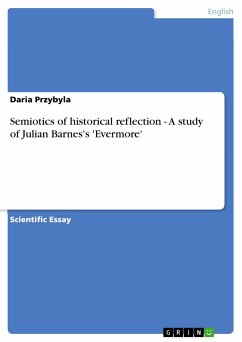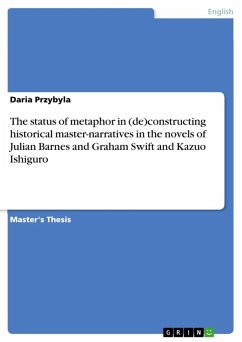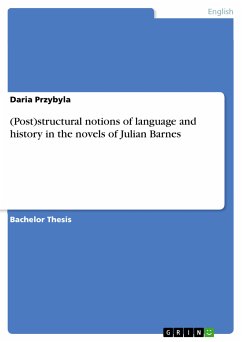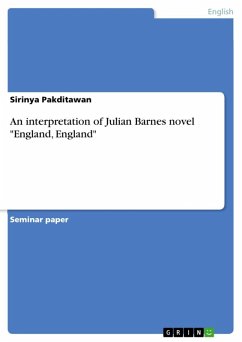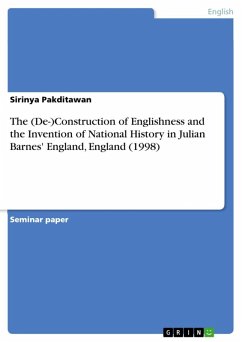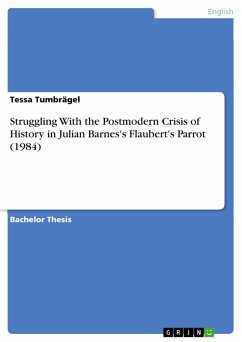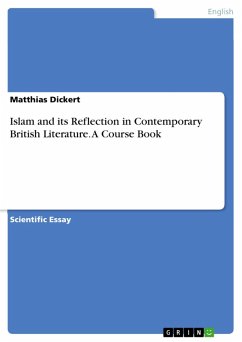Scientific Essay from the year 2006 in the subject English Language and Literature Studies - Literature, grade: A, University of Silesia (University of Silesia), language: English, abstract: In his Cross Channel: Evermore, Julian Barnes raises the issue of historical sites and the ways in which they form our discernment of the past. In the specific text, the process of signification which takes place on the ground of historical discourse is conditioned by three main interpretative factors. First, the postmodern (or poststructuralist for that matter) dialectics of time and place/space decentres the temporal level in favour of replacements that enable wider contexts to be involved in the procedure of establishing meaning. In this sense, spatiality models the situation of the interpreting subject who acquires personal view of temporal events. Second, the post-Hegelian master-slave relation is diluted by the relativism of deconstructionist theory into 'fraternal others' which procedure defers signification from being completed. Power relations are to a large degree dissolved. Third, the operations of history-referential language prove that the question of linguistic authority is no longer at stake for language is already embedded in a self-ruled ideology which is not a subject to further redefinition. It is, therefore, debatable to what extent the authority of language can be taken over and instituted by the interpreting subject. Barnes elaborates on these three points trying to deconstruct the metaphysics of a historical representation as well as certain fixed discoursive strategies employed while maintaining such representations.
Dieser Download kann aus rechtlichen Gründen nur mit Rechnungsadresse in A, B, BG, CY, CZ, D, DK, EW, E, FIN, F, GR, HR, H, IRL, I, LT, L, LR, M, NL, PL, P, R, S, SLO, SK ausgeliefert werden.

